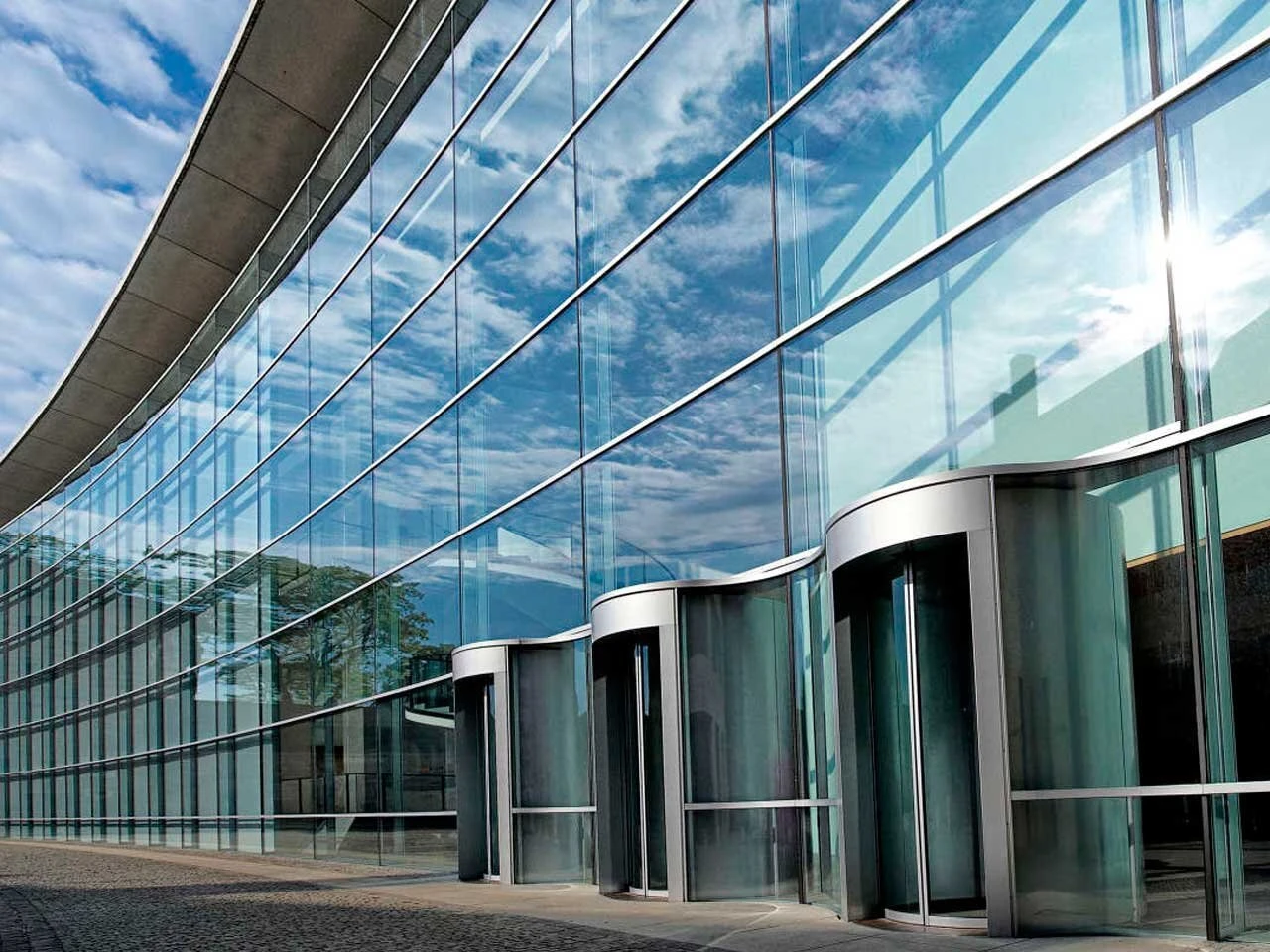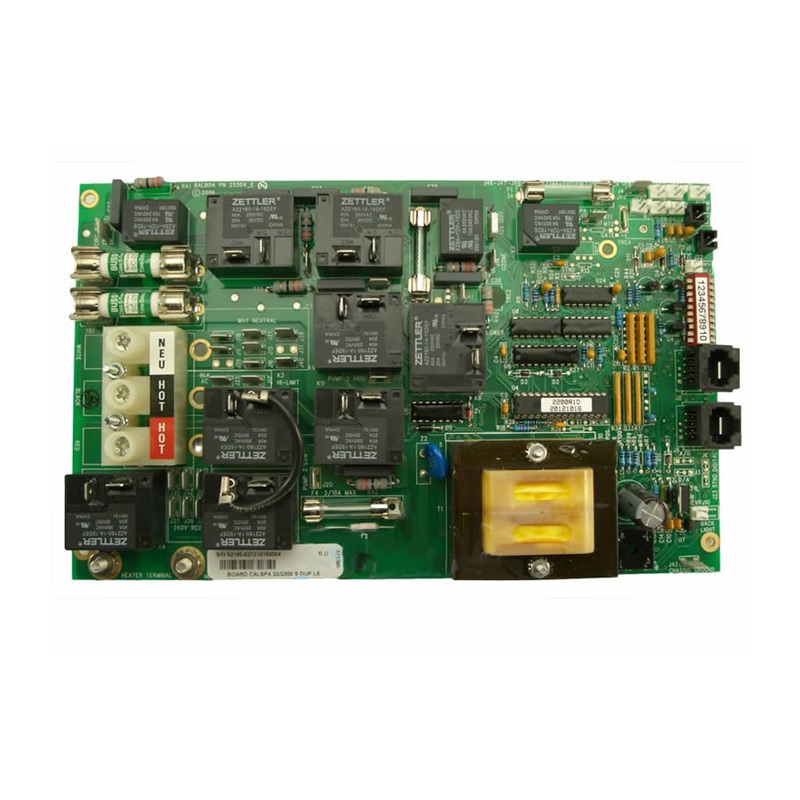Flat float glass, known for its high surface quality and thickness uniformity, stands as a cornerstone in modern construction and various industrial applications. With its pristine, unblemished finish, this glass type has transformed several domains, including architecture, automotive, and interior design, making it indispensable in our contemporary world.

One of the most distinctive features of flat float glass is its production process. This glass is manufactured by floating molten glass on a bed of molten tin, a technique that was pioneered in the mid-20th century. This process allows the glass to spread evenly, producing a perfectly flat surface with a consistent thickness, a characteristic that is crucial for applications where optical clarity is paramount.
From a user's perspective, the versatility of flat float glass is unmatched. It can be found in various thicknesses, ranging from ultra-thin sheets used in electronics and solar panels to thicker slabs employed in building facades and aquariums. This adaptability ensures that architects and designers can leverage its properties to achieve innovative structures and designs. For instance, its use in skyscrapers not only enhances the aesthetic appeal of the buildings but also adds to their energy efficiency by permitting ample natural light while providing excellent thermal insulation.

In addition to its visual and structural benefits, flat float glass is revered for its durability and safety features. When tempered or laminated, it becomes significantly stronger and shatter-resistant, making it an ideal choice for environments where safety is a priority, such as schools, hospitals, and vehicles. The capability of being treated with various coatings further extends its functional value. Coatings can enhance features like UV shielding, scratch resistance, and even provide self-cleaning properties, reducing maintenance costs and increasing longevity.
flat float glass
From an authoritative standpoint, flat float glass has been rigorously tested and adheres to stringent quality control standards across the globe. Industry certifications and standards ensure that this glass type is reliable and performs consistently under diverse circumstances. Such validations build trust among consumers and commercial clients, affirming its position in the market as a reliable product.
Moreover, float glass manufacturers have invested heavily in sustainable practices. The integration of recycled materials in their production processes and the development of energy-efficient manufacturing techniques demonstrate the industry's commitment to reducing its environmental impact. These efforts not only augment the industry's reputation but also align it with global sustainability goals, further cementing its authority and responsibility towards the planet.
Experts in the field continually explore enhancements in float glass technology. Innovations such as smart glass, which dynamically adjusts its light transmission properties, and switchable privacy glass, which can transition from transparent to opaque instantaneously, are on the horizon. These advancements indicate a future where flat float glass will not only meet existing demands but also create new opportunities by integrating with other emerging technologies.
In conclusion, flat float glass embodies the perfect confluence of tradition and innovation. Its established role in industries underscores its unparalleled expertise, while its evolving applications herald new possibilities. Industry stakeholders, from architects to automobile manufacturers, recognize its indispensable role, and its journey from production to practical application reflects a robust narrative of experience, professionalism, authority, and trustworthiness. This narrative not only satisfies current consumer demands but also shapes the future landscape of design, construction, and technology.



